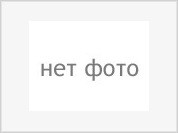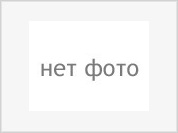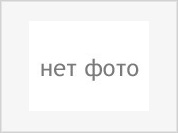President Putin, Central Bank chair talk currency regulation
President Vladimir Putin today had a Kremlin meeting with Sergei Ignatiev, Chairman of the Bank of Russia. The head of state was particularly interested in Ignatiev's inflation forecast for the last two weeks of this year and for the beginning of next year.
The prices have been rising at an increasingly rapid pace in the past two months, Ignatiev said, but put this fact down to seasonal tendencies. Within the next few months, the Bank of Russia is going to adjust its monetary policies so as to bring the inflation rate below 12 percent, he proceeded. According to him, the bank has what it takes to achieve this goal.
Putin also asked Ignatiev for an update on the progress in preparing foreign currency regulation legislation. The bill has almost been drafted, and it will be submitted by the Cabinet to the State Duma [parliament's lower house] in a matter of several days, the Central Bank chairman assured. He expects the draft to go through Duma deliberations in the first quarter of 2003 and to enter into effect in the year's second half.
The Central Bank is now doing preparatory work in two areas:
"First of all, without waiting for the new bill to be passed, we, within our jurisdiction, go on with the liberalization of foreign currency regulation," Ignatiev said. The mandatory sale of foreign-currency proceeds was abolished on December 1, making it easier for Russian exporters to operate, the bank chief said. The currency market has seen no dramatic fluctuations since then, he reported.
The Bank of Russia plans other measures toward further liberalization of foreign currency regulations, so as to more easily adapt to the conditions that will arise after the bill is signed into law, Ignatiev said.
The bill is aimed at liberalizing the currency sphere to help market operators work more effectively, President Putin pointed out. He asked Ignatiev about the banking community's attitude to the piece of legislation at hand. The nation's No. 1 banker replied that in his opinion, the bill was a well-balanced one. The document minds the interests of industrial enterprises interested in a more liberal regime of currency regulation while also providing mechanisms for government regulation of capital flowing in and out, Ignatiev explained.
These mechanisms are supposed to protect the interests of the banking community, the government, and the population, Putin added.
Subscribe to Pravda.Ru Telegram channel, Facebook, RSS!





